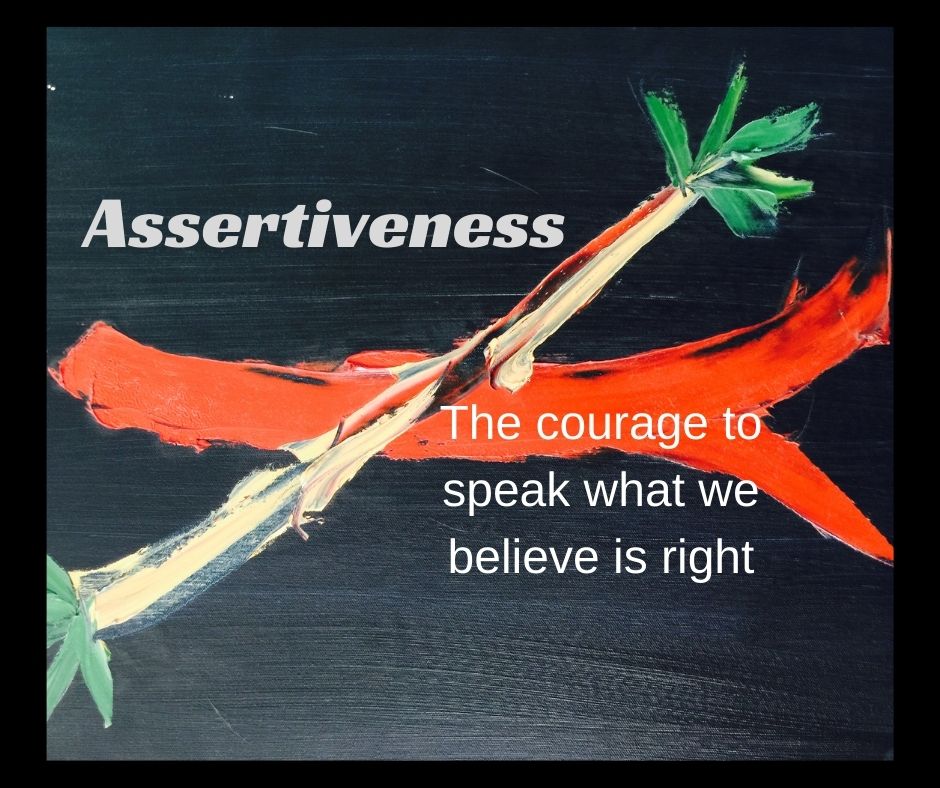
Creating a Values-Based Environment: 7 Essential Tips for Parents

The Four C’s of Successful Families
As parents, we all want our children to grow up to lead meaningful lives, grounded in strong values and purpose. By establishing a values-based environment at home, we can play a crucial role in shaping their character, fostering empathy, and nurturing their desire to make a positive impact on the world.
In this blog post, we will explore seven essential tips for parents who aspire to create such an environment, emphasizing the Four C’s of Successful Families – clarity, communication, consistency, and a supportive community.
1. Clarity: Define and Communicate Core Values:
Start by identifying the core values you want to instill in your family. Discuss these values openly with your children and explain their importance. Encourage them to share their own perspectives and values as well. This process not only helps establish a shared understanding but also promotes critical thinking and self-reflection.
2. Communication: Foster Open Discussions:
Create a safe space for open discussions about values, purpose, and the significance of positively impacting others and the world. Encourage your children to express their thoughts, concerns, and questions without judgment. Listen actively and respect their opinions, even when they differ from your own. Engage in meaningful conversations that allow them to explore their beliefs and develop their own sense of purpose.
3. Consistency: Establish Consistent Routines:
Consistency is key to creating a values-based environment. Establish routines that reflect your family’s core values. For example, if compassion is an important value, engage in regular acts of kindness together as a family. If personal growth is valued, set aside time for reading, learning, or pursuing hobbies. By making these activities part of your family’s routine, you reinforce the importance of these values in everyday life.
4. Community: Cultivate a Supportive Community:
Creating a values-based environment extends beyond the walls of your home. Seek out like-minded individuals and communities that share your family’s values. Engage in activities and events that provide opportunities for your children to interact with individuals who are making a positive impact. This broader community can serve as a source of inspiration, support, and encouragement for your family’s journey.
5. Encourage Responsibility and Autonomy:
Empower your children by giving them age-appropriate responsibilities and encouraging independent decision-making. Allow them to take ownership of their actions and the consequences that follow. This fosters a sense of accountability and teaches them the importance of making choices aligned with their values. Guide them gently when needed, but also allow them space to learn and grow.
6. Embrace Imperfection and Growth:
No family or individual is perfect, and it’s essential to embrace this reality. Encourage a growth mindset within your family, emphasizing the importance of learning from mistakes and setbacks. Celebrate small wins and milestones along the way, and provide constructive feedback when needed. By fostering an environment that values growth and resilience, you equip your children with the tools they need to navigate challenges and persevere in their pursuit of a meaningful life.
7. Lead by Example: (this could be the most important)
Children learn best through observation and modeling. Showcase your own commitment to your values and demonstrate behaviors that align with them. Be conscious of how you handle challenges, conflicts, and ethical dilemmas. When you make mistakes, openly acknowledge them and demonstrate accountability. Your actions will speak louder than words and shape your children’s understanding of living a meaningful life.
Creating a values-based environment at home is a deliberate and ongoing process that requires clarity, communication, consistency, and a supportive community.
By defining and communicating core values, fostering open discussions, leading by example, establishing consistent routines, encouraging responsibility and autonomy, cultivating a supportive community, and embracing imperfection and growth, you can provide your children with a solid foundation for a meaningful and purposeful life.
Remember, the journey is as important as the destination, so enjoy the process of nurturing your children’s values and witnessing their growth into compassionate and purpose-driven individuals.









